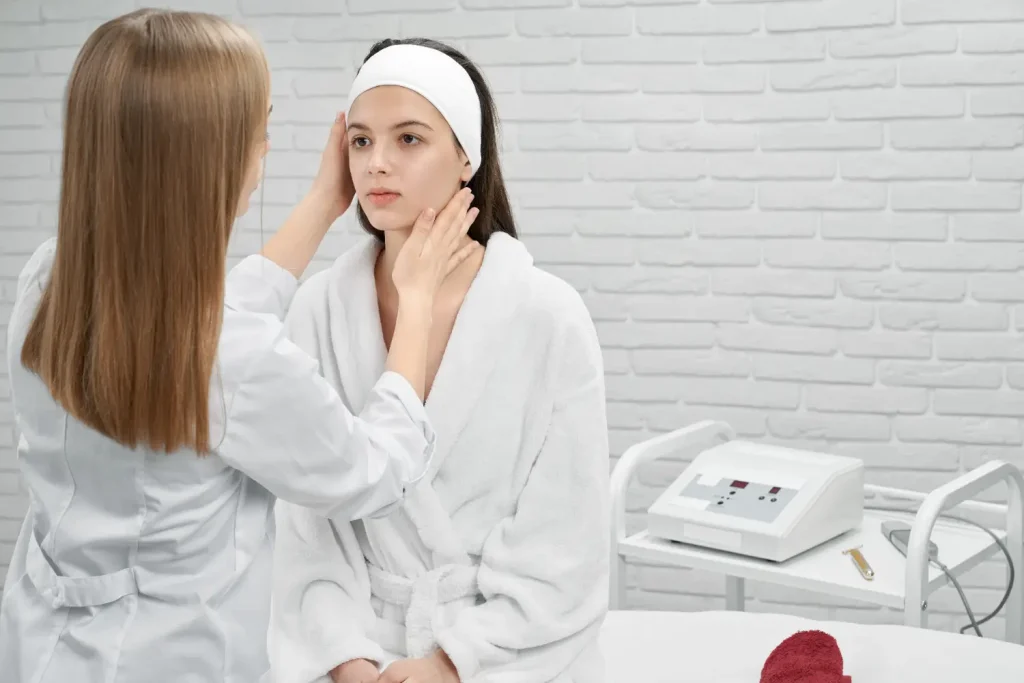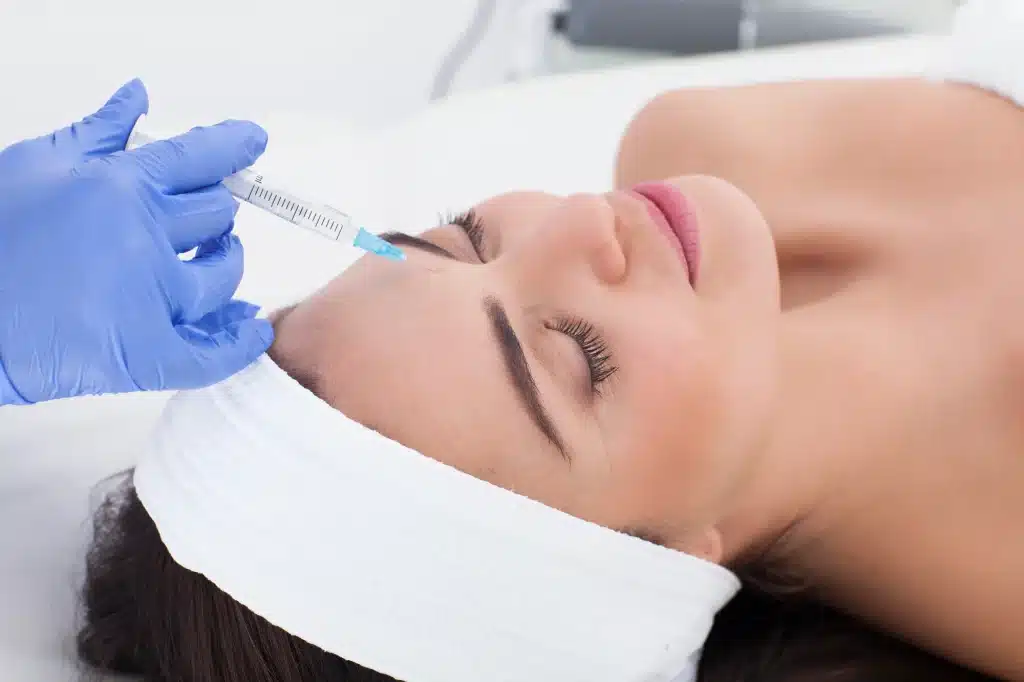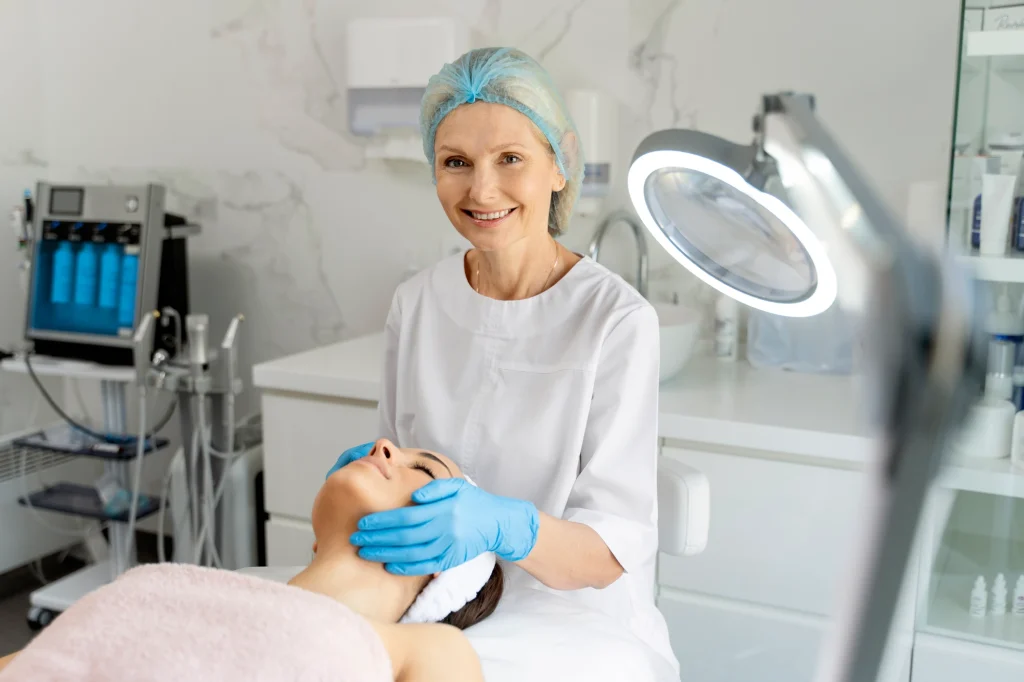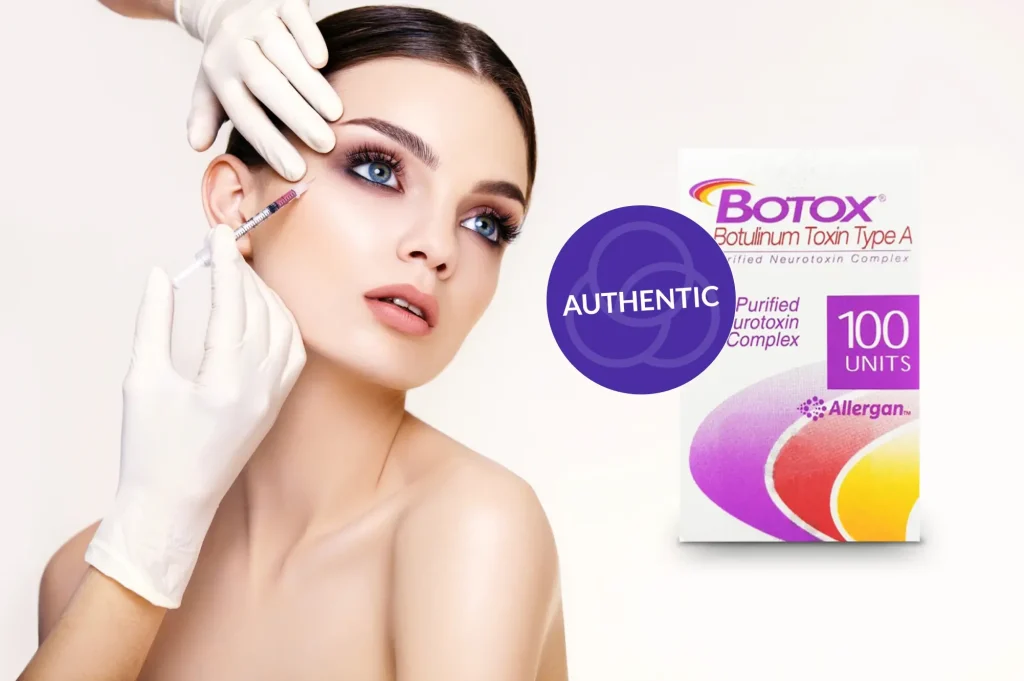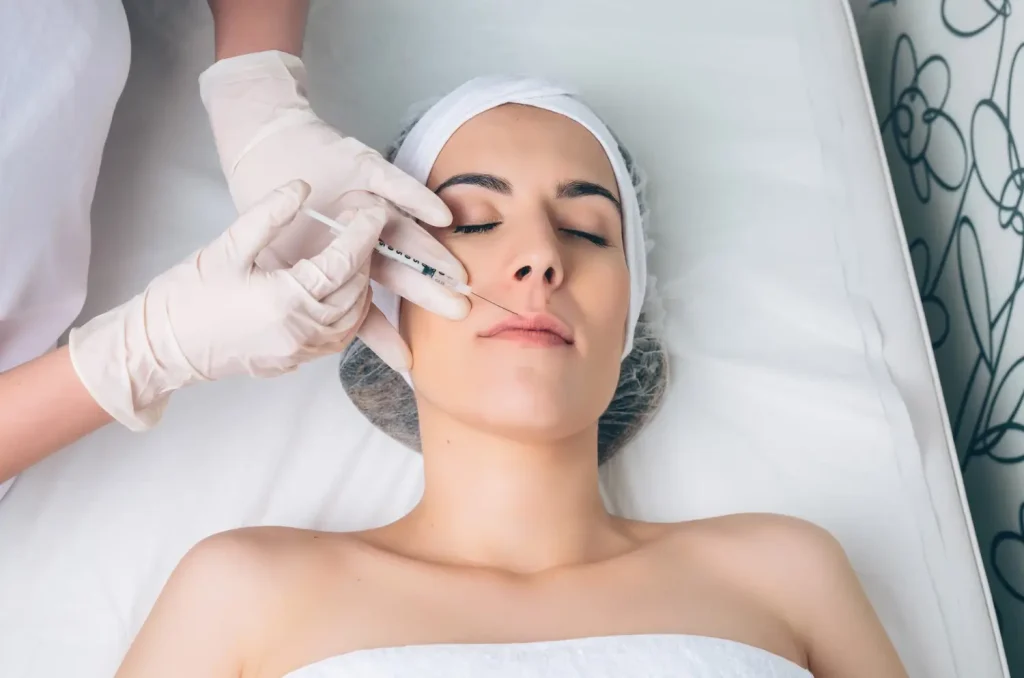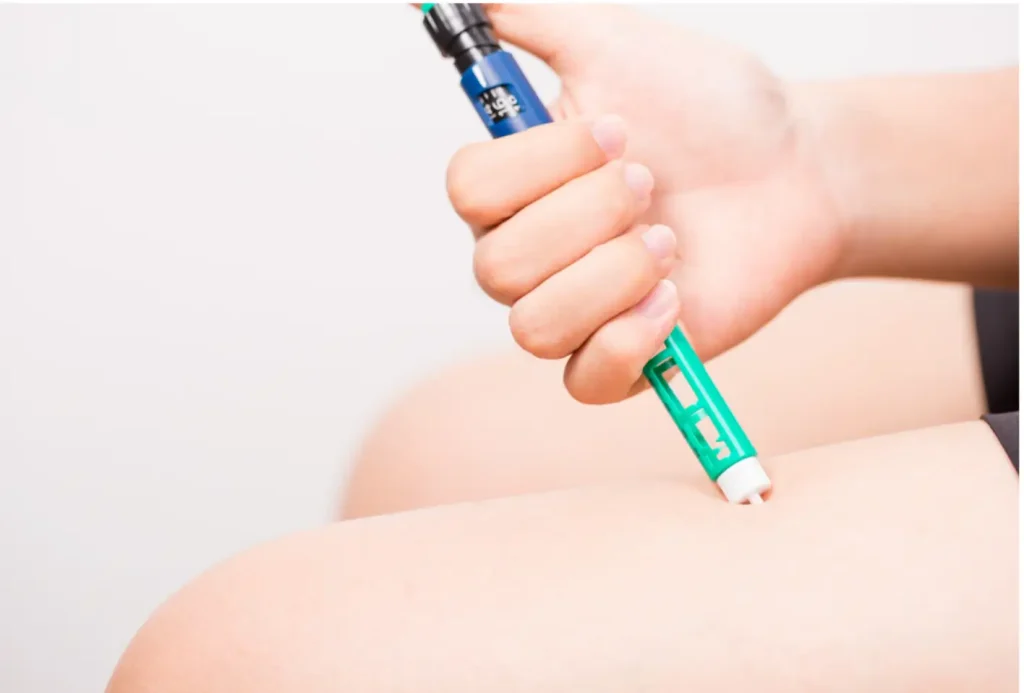Aesthetics and beauty have always been integral components of human life. People have been using various methods to enhance their appearance, from makeup to plastic surgery, to feel better about themselves. However, aesthetics and beauty aren’t just about looking good on the outside; they also significantly impact a person’s mental health.
Numerous studies have shown that aesthetic and beauty treatments can positively affect an individual’s mental well-being, increasing self-esteem, confidence, and overall satisfaction with life. This article will explore the connections between beauty and mental health, and discuss how medical spas can help people achieve both physical and mental well-being.
Psychological Effects of Beauty Standards
Modern beauty standards are constantly changing, and the psychological effects they create on individuals have been both positive and negative.
For people that feel physically attractive, this feeling boosts their confidence, as it creates a positive self-image. It can also lead to lower levels of anxiety and reduced risk of depression, thus increasing opportunities for social and romantic relationships.
However, the negative psychological effects of beauty standards can be more insidious. For example, constant pressure to conform to certain beauty standards can lead to negative body image and low self-esteem, particularly in individuals who do not meet those standards. This can lead to various mental health issues, including eating disorders, anxiety, and depression.
Beauty standards can also exacerbate harmful societal norms, such as racism, ableism, and ageism, which can further marginalize and oppress individuals who do not fit those narrow standards. This can have serious negative consequences for mental health and well-being.
Assessing Patient Mental Health
Understanding how beauty standards affect your patients’ mental health is essential to providing comprehensive care. This is because mental health can be closely tied to physical appearance and self-esteem, and patients seeking cosmetic treatments may have underlying psychological concerns that need to be addressed.
When assessing a patient’s mental health regarding cosmetic treatments, it is important to consider several factors. Their mental health history should be evaluated, including any past diagnoses or treatments for mental health conditions. This information can provide insight into the patient’s mental health status and potential risk factors.
Then, it’s important to discuss the reasons for seeking cosmetic treatments with your patient. Understanding their motivations and expectations for treatment can help identify unrealistic expectations or underlying psychological concerns that may need to be addressed.
But, your connection with the patient shouldn’t end at just assessing their mental health and discussing the positive psychological benefits of aesthetic treatments. Ongoing support and monitoring of patients after their cosmetic treatments are just as important. Schedule follow-up appointments where you’ll discuss their satisfaction with the treatment and, if needed, refer them to mental health professionals.
Overall, assessing patient mental health regarding cosmetic treatments is an essential component of providing safe and effective care. This way, you’ll ensure that your patients receive the best possible outcomes – both physically and mentally.
Studies Related to Injectables
Many studies have been conducted on the effects of injectables on mental health during the 21st century.
According to the research published in 2014, titled “Botulinum Toxin Type A for the Treatment of Major Depressive Disorder: A Randomized, Double-Blind, Placebo-Controlled Trial,” the benefits experienced by aesthetic patients who undergo treatments with botulinum toxin type-A injections included improved mood and reduction of symptoms of depression. This was even more prominent within the group who suffered from major depressive disorders.
Another study of note, that focused on the positive effects of Botox and similar injectables, found that these treatments not only benefited the patients’ mental health, they also helped them with excessive axillary sweating. Botox is well-known for its properties that minimize acne outbreaks, leading to improved self-image of treated patients, alongside reduced social anxiety.
“Effects of Injectable Hyaluronic Acid Gel on Perceived Age and Attractiveness” was published in 2020. This study found that injectable hyaluronic acid gel can significantly improve perceived age and attractiveness in individuals. The study suggested that the injections may improve mental well-being by boosting self-confidence and self-esteem.
The most recent study was conducted in 2021; its goal was to examine minimally invasive procedures and their impact on the psychological and social aspects of mental health. Researchers found definite connections between beauty and mental health, citing that most patients have shown improved psychosocial health, and reduced appearance-related issues.
Proven Mental Health Benefits of Cosmetic Treatments
Before we conclude today’s topic, let’s re-assess what the researchers discovered over these past years, and how our patients’ quality of life can improve with these procedures.
These are the key benefits to mental health that researchers have found cosmetic treatments for men and women can provide:
- Improved self-esteem: One of the primary health benefits of cosmetic treatments is that they can improve an individual’s self-esteem. When people feel more confident in their physical appearance, they are more likely to feel good about themselves, which can lead to improved mental well-being.
- Increased confidence: Similarly, successful cosmetic treatments can lead to increased confidence. Research has shown that people who feel good about their appearance felt more confident in social situations, and are more open to taking on new challenges.
- Reduced anxiety and depression: Some cosmetic treatments, such as facials and massages, are relaxing and can reduce anxiety and depression. These treatments can promote feelings of relaxation and help people unwind, positively impacting their mental health.
- Enhanced mood: Cosmetic treatments can also enhance an individual’s mood. People who feel good about their appearance are more likely to feel happy and positive, which can lead to improved mental well-being.
- Sense of control: One of the more personal benefits of cosmetic surgery is that they give patients a sense of control over their appearance. They made this decision, this big step in their life. This has also translated into other areas of their lives, empowering patients to take on other challenges.
Of course, this is on top of physical benefits, including lifestyle improvements for patients with osteoarthritis and similar symptoms, who we can treat now with hyaluronic injectables.
Conclusion
In conclusion, the relationship between aesthetic procedures, injectables, and mental health is a complex and evolving area of research. Although the effects of these treatments on mental health may differ among individuals, evidence suggests that injectables can positively impact both perceived beauty and mental health.
Studies have shown that injectables can improve facial symmetry, attractiveness, and self-esteem, leading to increased social interaction, confidence, and quality of life. Some studies have suggested that injectables may have a positive effect on depression and anxiety. While it is important to recognize the potential risks associated with any cosmetic procedure, the evidence supports the notion that aesthetic treatments help people lead better, more fulfilled lives.
FAQ
What are the psychological benefits of aesthetics?
Aesthetic treatments, whether they’re cosmetic surgeries or injectables, improve physical appearance, leading to increased self-esteem and confidence in patients. They become more satisfied with their physical appearance, are more open to social interactions, and feel in control. Studies have also shown that the treatments have a calming effect on the mind and body, reducing stress and anxiety levels.
What are the benefits of aesthetic beauty?
Several benefits experienced by aesthetic patients include positive body image, improved physical health, enhanced social interactions, and reduced stress and anxiety.
How do aesthetics affect mood?
Aesthetics generally have a positive impact on patients’ moods. Products such as Dysport, available from Medical Spa RX have been shown to improve body image, general satisfaction, and confidence of the patients who undergo various aesthetic procedures.




